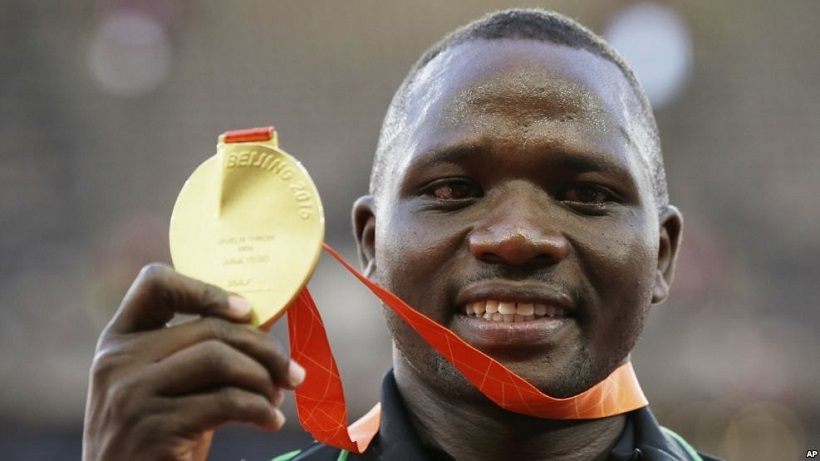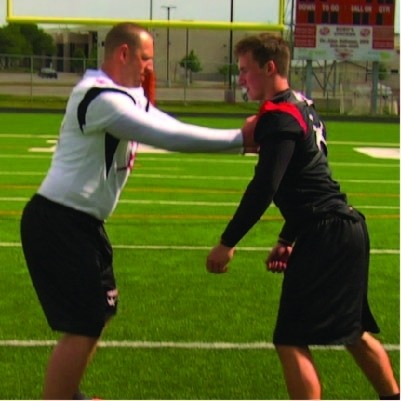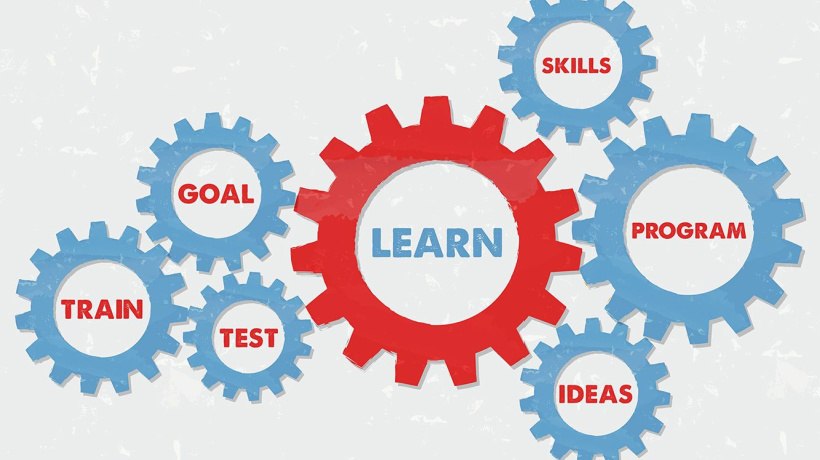Julius Yego: How Online Sports Training Created A World Champion
Julius Yego from Kenya wanted to learn javelin when he was a boy, but he couldn't find a coach nor a sport club to teach him. So, what he did was he visited nearby cyber cafes and went on YouTube to watch videos of javelin athletes like Andreas Thorkildsen and Jan Zelezny and learned from them. From a humble village in Kenya to learning how to throw a stick 92.72 meters away (African record) by watching YouTube, today Yego is the reigning javelin world champion and Rio 2016 Olympics silver medalist. GoPro produced a video about Julius Yego's journey from a village to the Olympic podium. Here's an epic story of online sports training.
From Rags To Sporting
Yego’s story from rags to sporting riches makes me wonder: Could today’s eLearning shift produce more world champions like him? He is known among his peers as the “YouTube Man”. He perfected the techniques he saw on YouTube at the gym. He put to test his newly acquired skills by competing in the high school regional championships in 2003. He broke the Kenya junior record with a throw of 67 meters and won the junior title in 2006. In 2008, he won his first national title in javelin and defended his title for two more consecutive years. Since then, he has competed in the Commonwealth Games, African Championship in Athletics, All Africa Games, the London Olympics in 2012, and, most recently, the 2016 Summer Olympics hosted in Rio de Janeiro where he won a silver medal. He could have won the gold if it’s not for the injury he suffered. He is currently the reigning javelin world champion, having won the event at the biennial IAAF World Championship in Beijing, in 2015.
I myself enjoyed competitive sports in cycling and fencing, and I often agree, to excel in one’s sport, you must have a great deal of knowledge in your discipline. Knowledge as in technical know-how, training drills, nutrition, and even down to mental exercise are all well too important and usually you get most of these from your coaches. The term “information is power” truly applies in sports too. The ways how current and future athletes consume sports training information may perhaps be very different compared to my days of direct coaching, books reading, video watching and well, that’s it. Sometimes I do wonder: If I was born in a European country, could I had been a better cyclist? Could a European table tennis paddler be a world champion if they were born in China?
Online Sports Training: The Future Is Now
My point is, access to high quality coaching and training materials is hard to come by those days. You see many top athletes having to train overseas just to be on par with the rest of the sporting pros. But today, that could possibly change with the adoption of eLearning in sports. Julius Yego was basically trained in Kenya until he secured the service of Finnish coach, Joseph Mosonik at a later stage of his career. With online learning, athletes no longer have to spend on expensive training stints overseas for months at a time. They could just turn on their Skype to video talk with their foreign coaches overseas and upload their training videos on YouTube and share it with them. There’s Whatsapp for cheap internet calls, and there are countless of training apps where you could send your coaches your training reports. I haven’t even started talking about FitBit, but you know what my point is.
Online sports training is convenient, flexible, and a super cheap way for any upcoming or current athletes to partake. Perhaps it’s all down to our mentality and our ability to adopt changes. Like how we took a while to adopt the use of ATM machines, VCRs, online banking, and now eLearning. Some still prefer the face-to-face human interaction and the direct approach and guidance a coach could give. You won’t get an argument from me to say online sports learning will not replace offline training and coaching, but I surely believe that it could absolutely offers complementing benefits.
Until this online sports training adoption becomes mainstream, I shall be on a look out for the next world champion that started his or her road to glory not on the field or court but in front of their PCs or smartphones.









